In Art. 153 LCD describes the list of persons liable for utility bills and housing. What nuances do they face?
What services are paid?
The legislation distinguishes two groups of payments that fall on the residents of apartments.
If you analyze Art. 153-155 LCD, the structure of payments includes:
- payment for the rental of social (state or municipal) housing;
- utility bills;
- payment for the maintenance of a residential building;
- overhaul contributions.
What is included in each group?
The first category affects citizens who received housing from the authorities because of the need and inability to solve their housing problem themselves. The fee for renting municipal housing is symbolic and does not burden citizens.
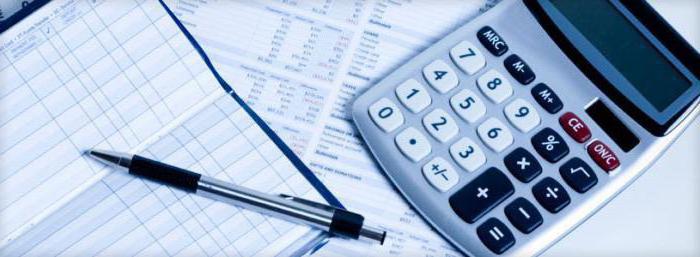
Utilities are heating, gas, water and sanitation, as well as electricity, which are supplied for the personal needs of citizens.
Maintenance of the house - the activity of the HOA or specialized enterprises for the management of residential buildings, common property of owners. This includes utility costs in connection with its maintenance.
Overhaul contributions are collected in a separate account opened by decision of the co-owners of the house, or in the general regional fund. The accumulated funds are spent according to the target program.
These things affect everyone who is listed in Art. 153 LCD
Prices for services
Payment for services is regulated by legislative norms in many aspects:
- tariff calculation formula;
- consumption norms;
- the obligation of the state to help poor citizens by paying subsidies.
Central authorities make recommendations or set limits within which price is set for services. In addition, the condition of the terrain is taken into account. For example, citizens living in non-gasified areas pay electricity at reduced rates.
Citizens living in rural areas pay only for water supply. They have no drainage.
Overhaul Contributions
Their payment is provided by the owner, those living in municipal housing are relieved of duty. The source of financing is the use of common property at home, for example, the transfer of premises for rent.

An exception is provided for private owners of a house whose fund has been formed; contributions are not collected from them. It affects the owners of the house, recognized as emergency.
P. 2, Art. 153 LCD explicitly refers to items relating to fundraising for major repairs.
Payment of public housing
What does Article 153 of the LCD say? The obligation to pay for services is connected with a number of circumstances. So, it falls on the inhabitants of state or municipal housing from the date of signing the contract of employment.
The law provides for a number of options for obtaining housing from the state, but the scheme for assigning obligations to pay for utilities is uniform.
Prior to settlement, the maintenance of houses is financed from the budget.
Co-op Nuances
The co-op is a little different. Art. 153 LCD relates the obligation to pay with the day of housing. This refers to the decision of the general meeting or the leadership of the cooperative, depending on how the cooperative is managed. On its basis, the law obliges the parties to sign a contract of employment. The agreement is already a secondary document. Why?
A warrant to move into state or municipal housing is valid for a limited time, the decision of the cooperative is not.In addition, cooperatives often do not enter into a lease. After all, his activities are aimed primarily at the acquisition of housing by citizens in property.
The owner, having paid the share, becomes the owner, and payment is charged and made in the same manner as in the case of private property.
Property acquisition
In 2017, the state finally decided not to limit the terms of housing privatization. Why? One of the reasons is that the owner fully pays for utilities and house maintenance. State participation is minimal. In addition, the obligation to pay property taxes arises.
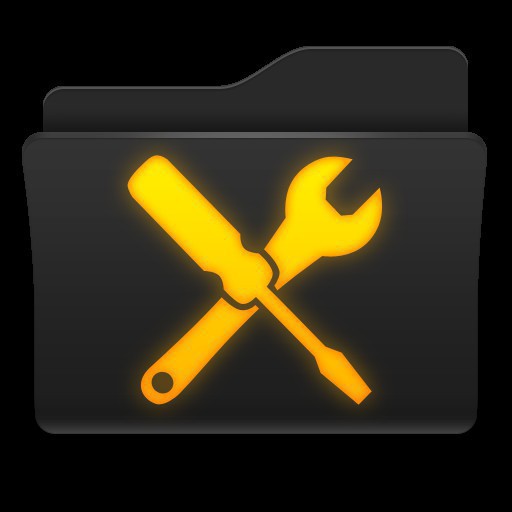
Often housing is transferred with utility bills. The price in this case is reduced by the amount of debt for services or the parties otherwise regulate the situation. If this has not been done, all debts are automatically transferred to the new owner, and they will be recovered from him already.
When moving into municipal housing, debts remain with the previous tenant.
The last two paragraphs are based on other provisions of the law, and not on paragraph 2 of Art. 153 LCD RF.
Responsibility of developers
According to Art. 153 LCD of the Russian Federation in the new edition, the construction company or the customer is responsible for paying utility bills from the day the act of putting the building into operation is signed.
If the apartments are transferred to other persons, they already bear financial responsibility by signing the act of transfer. Companies are asking people to sign documents faster so that, as their representatives say, they do not have to pay for other people's expenses.
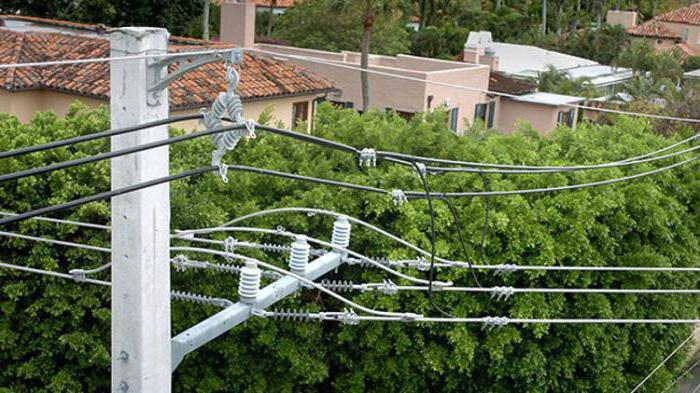
A hastily signed signature deprives the right to demand the elimination of deficiencies that are obvious. The right to eliminate or pay compensation affects only hidden defects that could not be detected during the initial inspection of the apartment.
How to pay
In Art. 153 of the LC RF with comments, reference is constantly made to Art. 155. It regulates issues with payment in sufficient detail.
What are the deadlines? Money for the current account must be transferred no later than the 10th day of the next month. Legislation or a decision of the managing organization may establish other dates.
An invoice is issued by sending a paper receipt or in an electronic system.
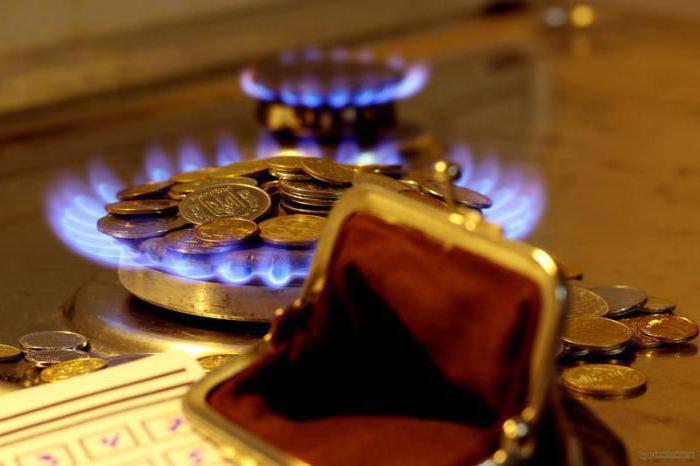
The letter is sent by the service provider company or the tenant prints it from the site, and then makes a payment on it at the cash desk or bank branch. More and more citizens prefer to use Internet technology. Now it’s enough to do a few keystrokes on the computer keyboard to transfer money from your card to the company account.
Information from the counters is also entered through a worldwide network, periodically, the inspectors visit the housing of the tenant, collecting evidence for the purpose of verification.
Information is sent to the company’s website or to a single information system organized at the regional level, then accruals are made.
Suppliers are required to pre-compile information on the size of charges so that citizens and organizations in accordance with Part 2 of Art. 153 LCD RF had the opportunity to ensure timely payment.
Accrual nuances
Utilities are required to organize the correct accounting of consumed services and reasonable accrual. If confusion arises, what information should I rely on? Preference according to law is given to electronic systems.

However, if the client provides receipts or bank account statements, the departments or centers involved in the charge are required to take them into account when recalculating. Interestingly, the banking system duplicates the system of collecting information on the volume of services consumed. Therefore, the question of which database to give preference to is quite natural.
Tariffs are approved by the authorities, if the service is provided by the HOA, the tariff is allowed to be reduced due to the list of services that the house does not need. However, there is a minimum that cannot be abandoned.
Who is responsible for the house?
The management of common property may be provided by the management organization selected by the meeting or appointed by the authorities if the owners have not made their choice.
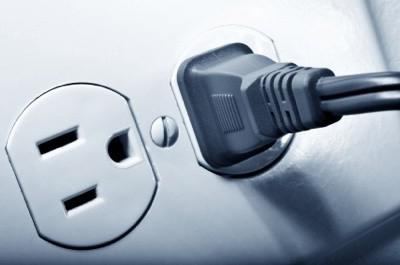
If the decision is made, then a management agreement is concluded, it lists the list of services that will be provided, and the price.
Owners have the right to create an HOA or other organization, which will be responsible for managing the house. For example, housing cooperatives, created before the shareholders became full owners, continue to exist.
The law permits the creation of other specialized management organizations.
Thus, paying utility bills is not such a simple topic as we would like.